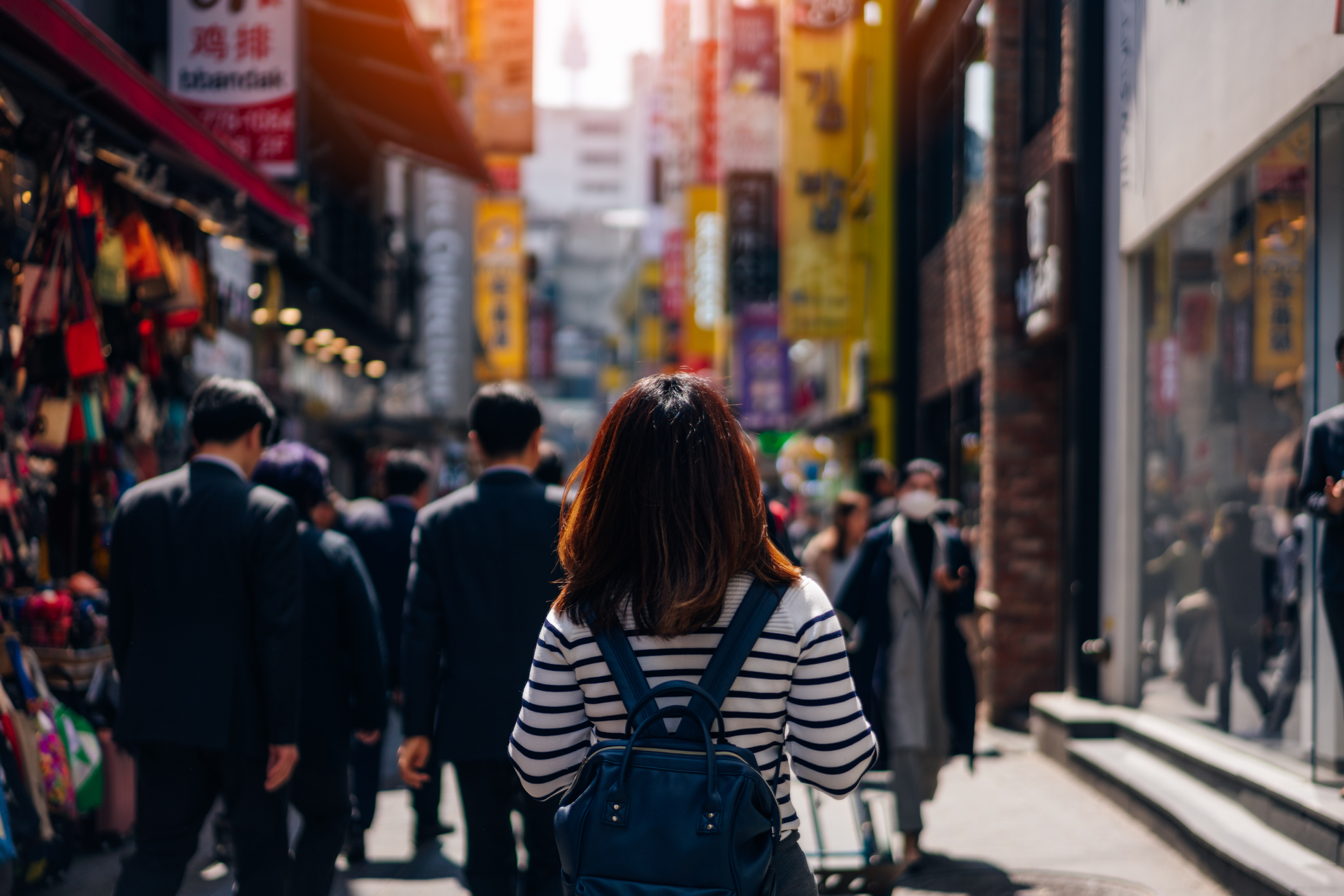
The South Korean government wants shut-in kids to leave the house and go outside.
The country’s Ministry of Gender Equality and Family said the cabinet passed a measure Tuesday to provide potentially thousands of dollars a year in education, job counseling and health support to those between the ages of 9 and 24 living as recluses.
The program, which expands a November announcement, is targeted at so-called “hikikomori” — a term coined in Japan to describe severe social withdrawal, likely worsened by the pandemic.
Qualifying South Korean youth get funds through several categories, including 650,000 won ($490) per month for general living costs.
The government is “strengthening its support to enable reclusive youth to recover their daily lives and reintegrate into society,” the ministry said in a statement.
Read More: Why European Countries Are Giving Teens Free Money To Spend on Books, Music, and Theater
The policy’s main goal is to help disadvantaged youth, but it’s also a way for the country to address its shrinking working-age population amid alarmingly low birthrates and tight immigration policies.
South Korea is set to become one of the world’s most aged countries or territories by 2044, outpaced only by Hong Kong for the largest share of people over the age of 65, according to Statistics Korea.
That’s prompted several emergency moves from the government, including childcare support to boost the globe’s lowest fertility rate. The country has spent more than $200 billion so far to increase its population through births, with not much success.
The measure was introduced just weeks after President Yoon Suk Yeol declared the birthrate and the subsequent decline in productivity a “crucial national agenda,” urging officials to adopt an “emergency mindset” to the issue.
Read More: South Korea Muses a New Military Exemption: Serve Your Country By Having More Kids
Demographic trends are set to undermine the country’s productivity long-term. The number of babies expected per woman fell to 0.78 last year, according to data released by the statistics office in February. South Korea faces the prospect of its population of 51 million people more than halving by the end of this century.
About 3% of South Koreans between the ages of 19 and 39 are considered lonely or secluded, comprising about 350,000 people, according to Korea Institute for Health and Social Affairs. The phenomenon is prompted by a range of factors, including social anxiety, stress and economic insecurity.
While the nation’s economy has skyrocketed in recent decades, South Korea remains plagued by high youth unemployment, standing at 7.2%, the highest among age groups.
“This policy is fundamentally a welfare measure,” said Shin Yul, a political science professor at Myongji University in Seoul. “While it’s good to try various approaches to boost working age population, it cannot be seen as a long-term solution to fix the population problem here.”
—With assistance from Sam Kim.
More Must-Reads from TIME
- Inside Elon Musk’s War on Washington
- Meet the 2025 Women of the Year
- The Harsh Truth About Disability Inclusion
- Why Do More Young Adults Have Cancer?
- Colman Domingo Leads With Radical Love
- How to Get Better at Doing Things Alone
- Cecily Strong on Goober the Clown
- Column: The Rise of America’s Broligarchy
Contact us at letters@time.com